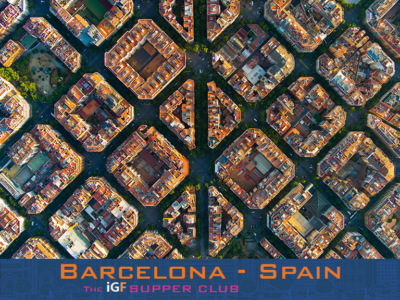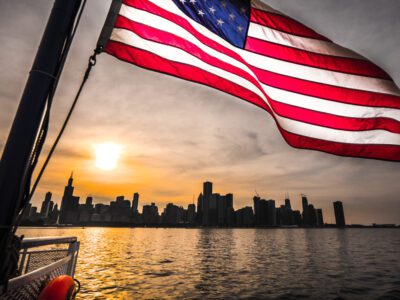Responsible Gambling Education Month in the U.S. is typically a celebration of progress in safer gambling, but this year it ends with a major blow to efforts: the National Council on Problem Gambling (NCPG)–the country’s leading non-profit for gambling addiction–has lost control of the 1-800-GAMBLER helpline.
A New Jersey judge has ruled that management of the nationwide helpline must revert to the state-based Council on Compulsive Gambling of New Jersey (CCGNJ) starting Monday (September 29).
The decision has left many in the industry concerned over the future of the helpline, which handles more than 20,000 contacts a month and is the only statewide service of its kind, connecting individuals to local treatment and support.
The Case
The NCPG, which has leased the line since 2022 under a three-year deal costing US$150,000 (£112,299) annually, has said it is “dismayed” by the ruling.
The partnership–initially billed as a way to scale the hotline into a true national resource–broke down in May, when the current agreement expired and the two parties, both responsible gambling non-profits, failed to reach a new deal.
Seeking more time at the negotiation table, the NCPG filed–and briefly won–an injunction to keep the line running while the parties hashed out the details, but with no agreement in sight, that ended with Judge Hurd’s decision this week.
Disagreement And Disruption
According to reports, CCGNJ leadership did not want to lease the line for another term, as they took issue with the NCPG’s ties to the gambling industry.
NCPG members include heavyweights of the U.S. gambling industry, like BetMGM, Caesars, DraftKings and FanDuel, who help fund the association through annual fees.
The CCGNJ also cited issues with the way the NCPG ran the line after coverage issues in Florida and New Mexico led calls to be rerouted to Louisiana
A spokesperson for the NCPG has said the ruling “will fundamentally hinder nationwide access to timely, confidential, and high-quality care for those in need of problem gambling support by taking critical services offline”.
They have also claimed the CCGNJ lacks the funding and structure to maintain the line, which is expected to cost US$1.4 million (£1.05m) to run in 2025 – nearly half of CCGNJ’s total annual revenue.
Of particular concern is the fact that it is currently unclear how the changeover will affect service provision, with only the helpline, not the infrastructure behind it, being handed over.
Luis Del Orbe, Executive Director of CCGNJ, dismissed warnings as harmful “scare tactics”, insisting there will be no disruption to the service. He also pointed out that CCGNJ ran the line successfully and independently from its launch in 1983 until 2022.
But due to the promotional efforts of the NCPG and its long-term partners, like the National Football League, the hotline has grown exponentially in recent years, meaning the operational realities of readjusting might not be within the CCGNJ’s control.
For instance, for the line to keep running in its current form, every state would need to provide CCGNJ with routing numbers to funnel calls. That process could take time – and there are political considerations as some states may not be keen on giving authority to a state-based, rather than national organisation.
Life Or Death Consequences
The NCPG has said this is not the end of the road and that it “will aggressively pursue all appellate options”.
It is also in the process of filing an emergency motion asking the New Jersey Appellate Division to enter a stay to maintain the status quo for helpline operations while the appeal is considered.
“It cannot be overstated that the loss of access to problem gambling resources via 1-800-GAMBLER, even temporarily, could have life or death consequences for individuals in crisis”, the NCPG said in a statement.
They added: “NCPG is the only national organisation qualified, equipped, and positioned to manage the National Problem Gambling Helpline.”
Problem Gambling In The U.S.
The 1-800-GAMBLER helpline is a lifeline for many in the fragmented U.S. system, where states fund and manage their own problem gambling services and federal support is virtually nonexistent.
With as many as eight percent of adults showing at least one symptom of problem gambling–roughly 20 million people–the continuity of the hotline is critical for both its users and the long-term sustainability of the industry.
The uncertainty regarding the ongoing service provision and funding of the helpline underscores just how fragile support for problem gamblers in the U.S. is.
What’s next for 1-800-GAMBLER?
We’ll find out on Monday.




